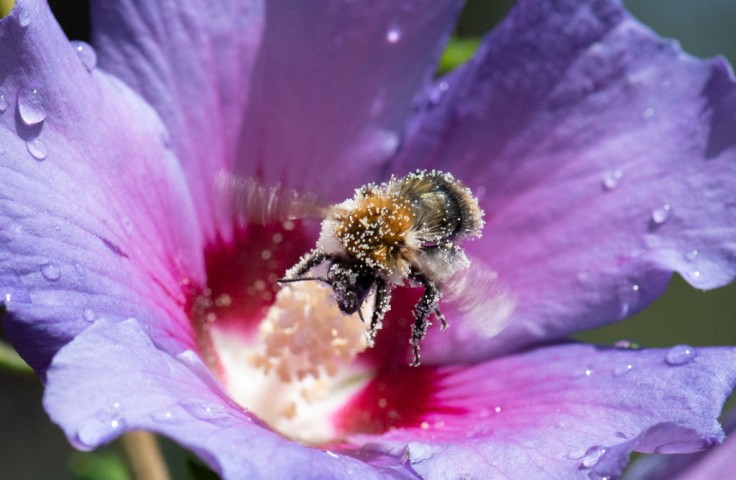
Allergy season has come earlier for some areas in the United States, where the pollen counts for trees like Juniper, Poplar, and Adler have reached high levels, and doctors are warning patients with allergy triggers to be prepared as allergy season could also be more intense this year.
Allergist-immunologist Dr. Travis Miller of The Allergy Station in California said that allergy season has worsened in the last few years because of climate change. Speaking with KCRA, the doctor said that he had seen patients in his clinic who had never had allergies until recently.
Experts from the National Phenology Network said that rainfall has unusually started by mid-February and has jumpstarted vegetation, which in turn allowed plants to produce pollen. The rainy days were followed by dry but breezy days that enabled the pollen to remain in the air for weeks.
Aside from the shifting weather patterns, the spring season is expected to have increased temperatures this year that will extend the plants' growing season. Climate change has also increased the amount of carbon dioxide in the air, which plants need to thrive. According to the expert, more carbon dioxide equals more pollen.
"The early signals suggest that that is going to change the percentage of people who develop new allergies," the doctor said.
Take Your Allergy Medications Earlier
Dr. Mark Corbett of the American College of Allergy, Asthma and Immunology advised people with allergy triggers to pollen to take their medication two or three weeks ahead of their normal routines. This way, they can prevent symptoms like sneezing or itching that usually signals a trigger.
He also said that patients should be aware of the impacts of climate change as the symptoms of allergy may be heightened than normal. He advised people with allergies to be extra careful since the symptoms could be indicative of COVID-19 as the virus is still present in the air.
Allergies and COVID-19 both cause headache, coughing, sinus infection, sneezing, and running nose. Allergies, however, do not cause a fever, but the doctors advised getting tested for the virus if they can to rule out the problem or get the proper treatment.
Corbett advised people with pollen allergy triggers against opening windows at home. It might be better to turn on the air conditioning for proper ventilation. However, if their symptoms worsen and they have tested negative for COVID-19, they should see an allergist as soon as possible.
No Magical Cures for Allergies
In Florida, patients at the clinic of allergist-immunologist Dr. Farnaz Tabatabaian at the USF Health have been coming in since December. She has also Mother Nature to blame for the triggers as Florida has had a warmer climate last Christmas.
The doctor said there are "no magical cures" for allergies, but patients can manage with over-the-counter drugs, inhalers, and stronger prescription medications. They also need to see their allergist when worrying symptoms arise. Corbett also recommended starting treatments earlier so allergy sufferers won't feel miserable as the warmer season comes.
Related Article : Common Antihistamines Could Rapidly Resolve Long COVID, New Study Says